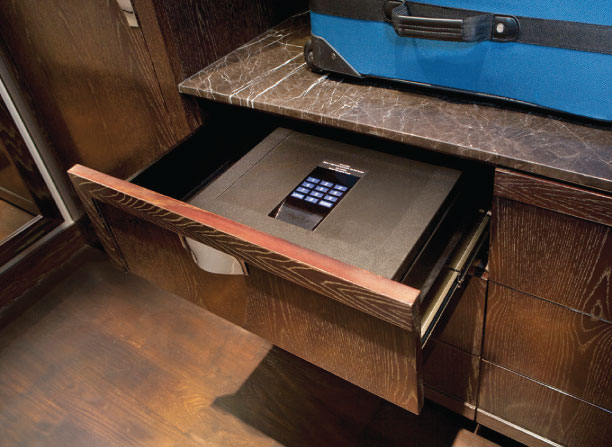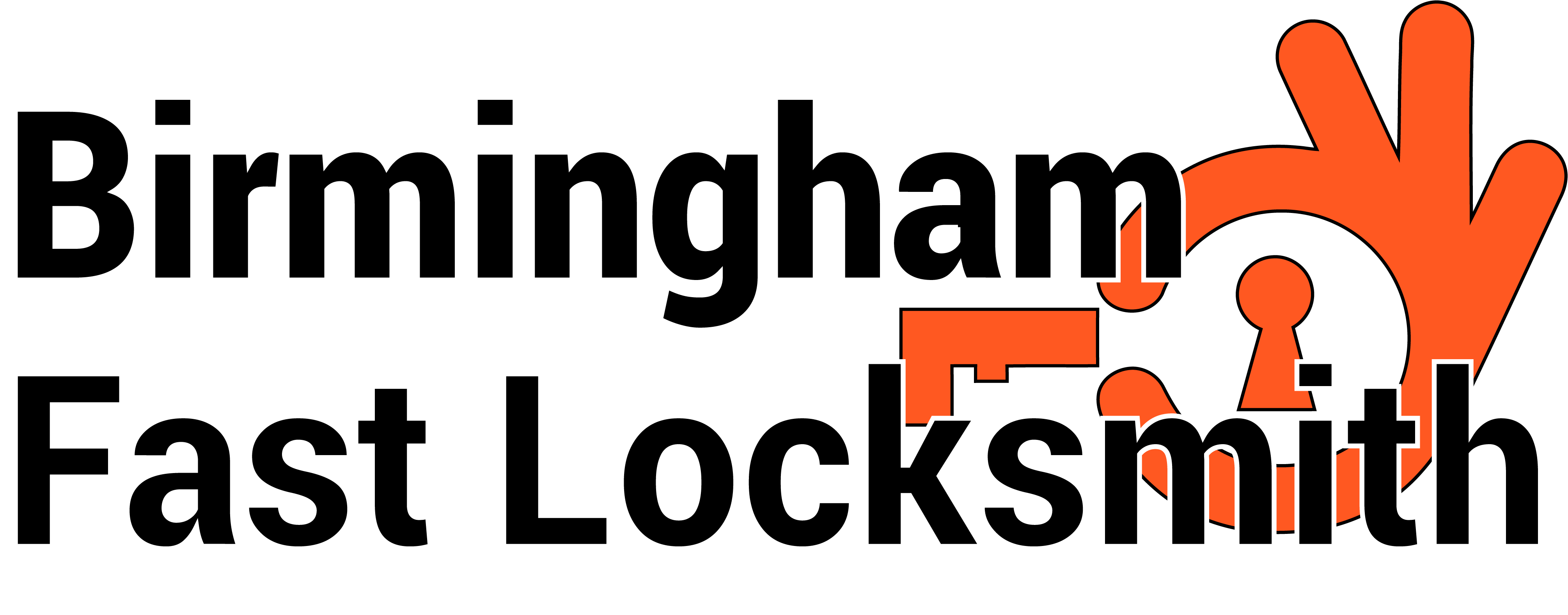Protecting your valuables, a home safe is an essential investment. Whether you’re looking to secure important documents, jewelry, cash, or other prized possessions, choosing the right safe can provide peace of mind and enhance your home security. As a professional locksmith in Birmingham, I’ve compiled a comprehensive guide to help you make an informed decision on what to look for in a home safe.
1. Determine What You Need to Protect
Before you start shopping for a safe, it’s important to consider what you’ll be storing in it. Different items may require different levels of protection. For instance:
- Documents : Important papers such as birth certificates, passports, and property deeds.
- Jewelry and Cash : High-value items that are often targeted by thieves.
- Digital Media : Hard drives, USBs, and other digital storage devices.
- Firearms : If you own guns, a safe is essential for secure storage.
2. Types of Safes
Understanding the various types of safes can help you choose one that best fits your needs:
- Fire-Resistant Safes : Designed to protect contents from fire damage. Look for safes with a high fire rating (at least 1 hour of fire protection at 1700°F).
- Burglary Safes : Built to resist break-ins. These safes have reinforced steel and robust locking mechanisms.
- Water-Resistant Safes : Ideal for protecting documents and valuables from water damage due to floods or plumbing failures.
- Gun Safes : Specifically designed to store firearms safely and securely, preventing unauthorized access.
3. Size and Capacity
Choose a safe that fits your storage needs while allowing room for future items. It’s better to opt for a slightly larger safe than to find yourself running out of space. Consider the internal dimensions carefully, especially if you plan to store bulky items.
4. Locking Mechanism
The locking mechanism is a critical feature of any safe. Common types include:
- Combination Locks : Traditional dial locks that require a specific sequence of numbers.
- Electronic Keypad Locks : Offer quick access with a user-programmable code.
- Biometric Locks : Use fingerprints for access, providing a high level of security.
- Dual Locks : Combine two types of locks, such as a combination lock and an electronic keypad, for added security.

5. Construction and Build Quality
A good safe should be constructed from solid steel and have reinforced hinges. Look for safes with a thick door and body to resist tampering and forced entry. The quality of the construction can significantly impact the safe’s effectiveness.
6. Fire and Water Ratings
If you’re protecting documents or digital media, consider safes that offer both fire and water protection. Check for certifications from independent testing organizations like Underwriters Laboratories (UL) or Intertek (ETL).
7. Installation
Where you place your safe is crucial for its effectiveness. Consider bolting it to the floor or wall to prevent thieves from easily removing it. Choose a location that is discreet yet easily accessible for you.
8. Price and Warranty
Safes come in a wide range of prices. While it might be tempting to go for the cheapest option, investing in a higher-quality safe can offer better protection and durability. Also, look for safes that come with a warranty to cover defects or issues.
9. Additional Features
Some safes come with additional features that can be useful:
- Interior Lighting : Makes it easier to see contents in low light.
- Adjustable Shelves : Allows for customization of the interior space.
- Alarm System : Alerts you if someone attempts to tamper with the safe.
Conclusion
Choosing the right home safe involves careful consideration of your specific needs and the features that will best protect your valuables. As a professional locksmith in Birmingham, I recommend taking the time to research and invest in a high-quality safe that offers robust protection against fire, water, and theft.
For expert advice and professional installation services, feel free to contact us. Your security and peace of mind are our top priorities.



Nikecleni
dark web websites <a href="https://mydarknetmarketlinks.com/ ">dark market 2024 </a> tor market